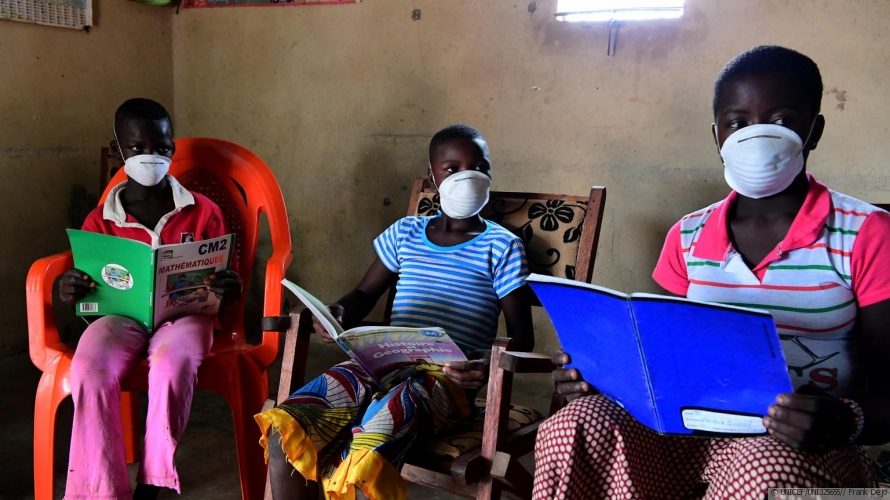UNICEF says pandemic becoming crisis of children’s rights
In a stark warning on May 12, the Director General of the UN children’s agency, UNICEF, describes the coronavirus pandemic as “a health crisis that is fast becoming a crisis of children’s rights.”
May 17, 2020

NEW YORK: In a stark warning on May 12, the Director General of the UN children’s agency, UNICEF, describes the coronavirus pandemic as “a health crisis that is fast becoming a crisis of children’s rights.”
She also highlights that "schools are closed, parents are out of work and families are under increasing pressure.”
This new US1.6 billion appeal comes on the heels of a US651.1 million request launched at the end of March.
Since then the socio-economic consequences of the disease and the growing needs of families have increased dramatically.
The UN agency stresses that “access to essential services such as medical care and routine vaccinations has already been compromised for hundreds of millions of children”.
It adds that this could lead to a significant increase in child mortality.
There are also concerns over the mental health consequences stemming from the pandemic.
UNICEF says that “restrictions on freedom of movement, school closures and isolation are likely to exacerbate the already high levels of stress, especially for vulnerable children.”
Another concern, the children’s agency points out, is an increase in violence towards and abuse and neglect of children living amid restricted freedom of movement and socio-economic decline.
UNICEF emphasises that “girls and women are at greater risk of sexual and gender-based violence.”
The UN agency also notes that “in many cases, refugee children, migrants, internally displaced persons and those returning to their homes are facing reduced access to services and protection, and increased exposure to xenophobia and discrimination.”
UNICEF says it is focusing its response to the pandemic on countries with previous humanitarian crises.
It is also working to prevent transmission of the virus and mitigating the collateral impact on children, women and vulnerable populations, “especially in terms of access to health care, nutrition, water, sanitation, education and protection.” -- Vatican News







Total Comments:0